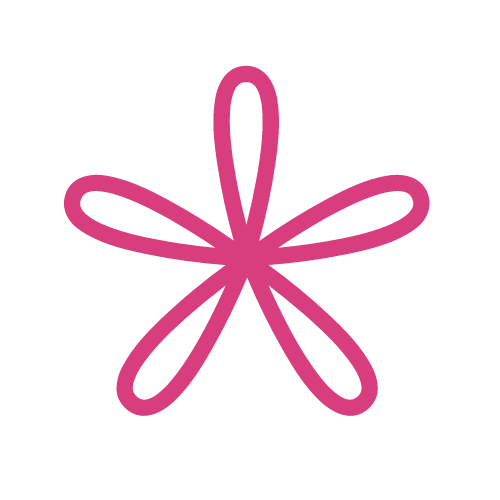healing, not hacks
Getting energized and feeling better without health hacks or sketchy supplements
In my clinical practice, I get a lot of questions about trendy health topics making the rounds on tiktok and instagram. Some of these so-called hacks are fine ideas for the right person at the right time. But are they the right thing for you, today? People sharing stories (and making sales) on social media often rely on their personal experience with a diet trick, exercise program, or supplement and use their story to convince you to try it, too. It's great to see people share their successes, but this does not equate to professional advice, and no one has assessed whether it's safe, effective, or appropriate for you. What worked for a 22-year-old man won't necessarily work for a 50-year-old woman, and what worked for a friend's unique physiology won't necessarily work for yours. Those photos you see might be sexy, but they don't tell you what you need to know: will this be a safe and effective approach for me?
The central problem with this model of health advice is that it starts with a solution and then convinces you you've got a problem. If you start with "should I try keto?" rather than "how can I make changes in my life that will improve my energy?" you'll be chasing your tail forever. The best thing you can do for your health is something that you won’t find on your social feed: it’s simply to think deeply about it. Look at your life — your core values, your purpose — and see what you need your health for. Sit with that for a while, talk about it, maybe do some journaling. Channel your inner toddler and ask “why” until you hear yourself answer something deeply true. It can be hard to untangle because we receive so many messages about our bodies and our health, most of which are not truly meaningful to us. Many of these messages are rooted in misogyny, racism, and fat phobia. Listening inside rather than outside takes time and courage and support. This process doesn’t yield immediate, jaw-dropping before and after pictures, but it does help to establish a meaningful, sustainable relationship with your health and goals.
Step away from your smartphone
Now is a good time to stop double-tapping health hacks on your feed. Hacks are solutions in search of problems. They are created to capture your attention, not to help you heal and grow. Hacks are things you can do with as little effort as possible. You are worth effort! Is your health less important than other things you’ve chosen to spend your energy and resources on? Don’t shortchange your commitment to your own wellbeing. Once you’ve established your own internal reasons for pursuing health, you can work on identifying goals and steps to meet them. You might find it helpful to work with a healthcare provider, coach, or even a like-minded friend to build informed, manageable steps that are appropriate for your life.
Yes, hacks can be fun. You can start something, buy something, sign up for something, and it feels like you’re going somewhere, right now. But. . . where? Whose road are you walking down? Where does it lead? Who is it designed to serve, and whose values is it based on? Probably not yours. Woah. Suddenly those ten weird tips don’t seem so enticing.
So slow down, step back, and take a deep breath. You can find small actions that will improve your health, but they won’t come from clickbait, they’ll come from within. Stop hacking. Start healing.
a verion of this story appeared on Medika.Life
